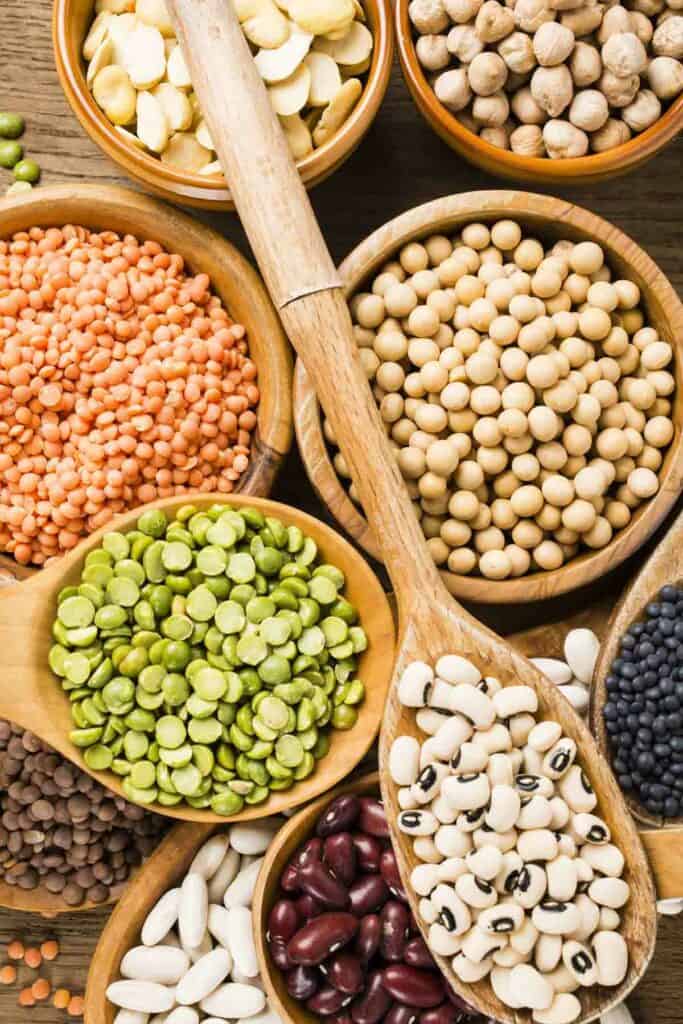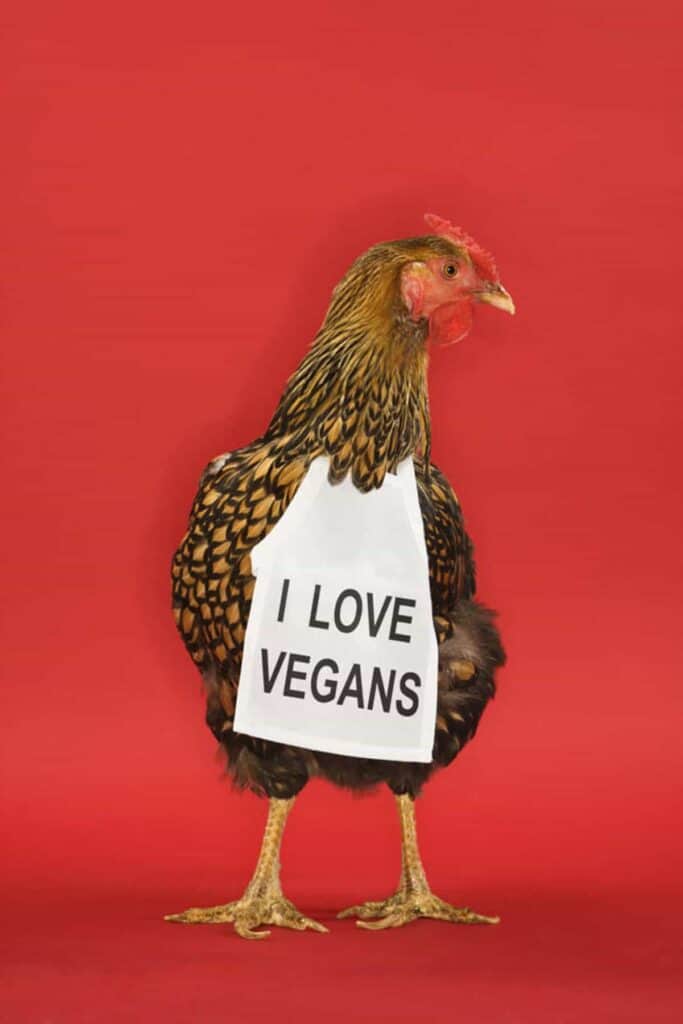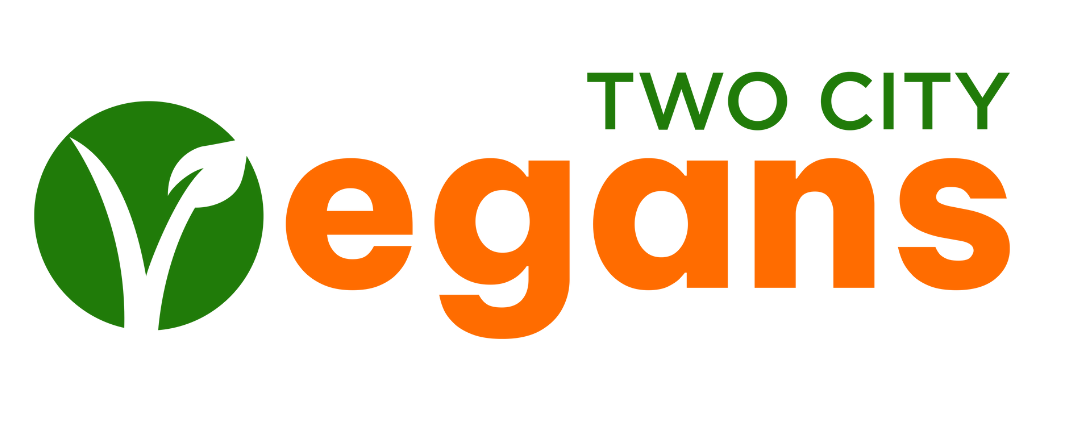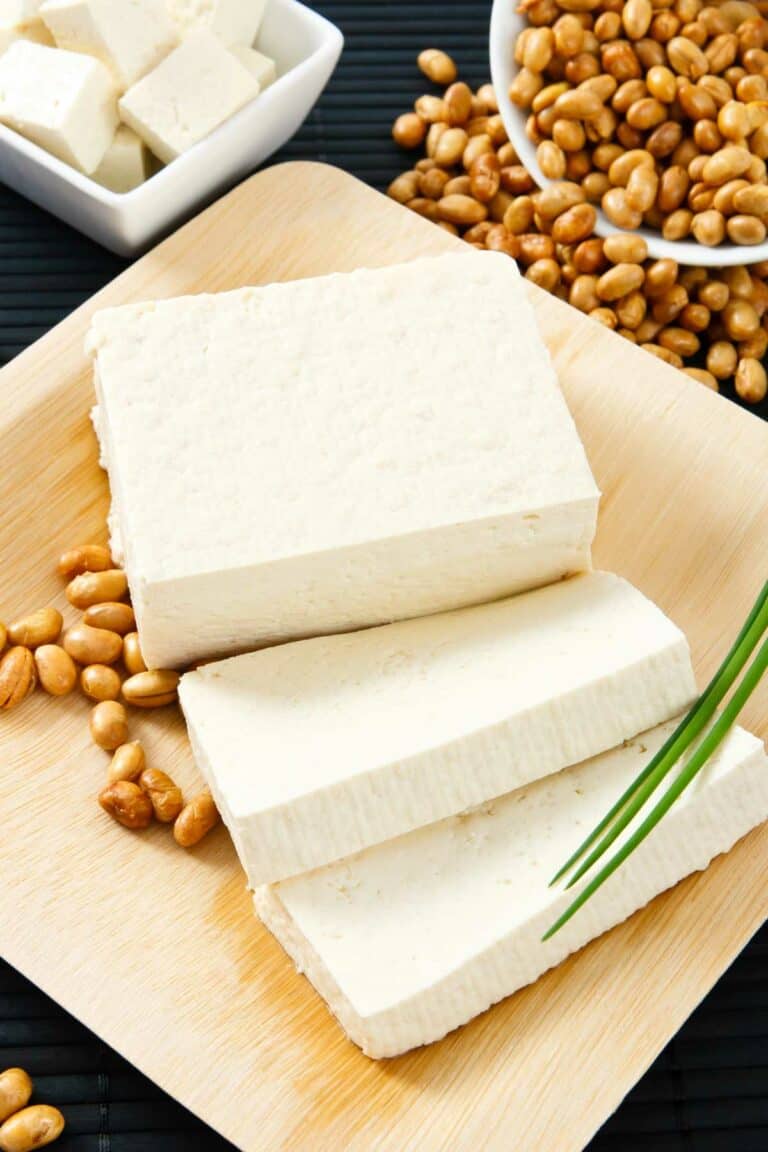Debunking Veganism Myths and Misinformation
Have you ever wondered if a vegan lifestyle is truly beneficial or if it’s just a passing trend?
There is a lot of information out there—some accurate, some misleading—about what it means to be vegan. With so many misconceptions surrounding veganism, it can be challenging to differentiate between fact and fiction.

In this article, we will combat the myths and misinformation about veganism, providing you with the real facts and insights. So, let’s dive in and discover the truth behind a plant-based lifestyle!
Key Takeaways:
- Debunk common myths and misconceptions about veganism
- Understand the basics of a plant-based lifestyle
- Address health and nutrition concerns related to veganism
- Examine the environmental and ethical aspects of veganism
- Promote an informed understanding of veganism for a sustainable and compassionate future
Understanding the Basics of Veganism
Before diving into myths and misinformation, it’s essential to understand the fundamentals of veganism. A plant-based lifestyle involves excluding all animal products, including meat, dairy, eggs, and honey, from your diet. Additionally, many vegans choose to extend this philosophy to other aspects of their lives, embracing cruelty-free alternatives for clothing, personal care products, and household items.
Veganism is not simply a dietary choice; it is a way of life rooted in compassion for animals, environmental sustainability, and personal health. Contrary to popular misconceptions, a well-planned vegan diet can provide all the necessary nutrients for a healthy and balanced lifestyle.

Let’s take a closer look at some key facts about the vegan diet:
- Protein: Contrary to the belief that vegans struggle to meet their protein needs, plant-based foods can be excellent sources of this essential nutrient. Legumes, tofu, tempeh, seitan, and certain grains like quinoa are all rich in protein.
- Calcium: While dairy products are often considered the primary source of calcium, many plant-based alternatives, such as fortified plant milks, tofu, leafy greens, and almonds, provide ample amounts of this vital mineral.
- Vitamin B12: As this essential nutrient is primarily found in animal products, vegans need to supplement their diet or consume fortified foods to ensure adequate intake. Many plant-based milks and cereals are now fortified with vitamin B12 to meet this requirement.
- Iron: Plant-based sources of iron include legumes, whole grains, tofu, and dark leafy greens. Combining these foods with vitamin C-rich options, such as citrus fruits or bell peppers, enhances iron absorption.
- Omega-3 Fatty Acids: While fish is a common source of omega-3 fatty acids, vegans can obtain this nutrient from flaxseeds, chia seeds, hemp seeds, and walnuts.
Veganism is often misunderstood, leading to misconceptions about its accessibility and nutritional adequacy. By dispelling these myths and presenting evidence-backed facts, we aim to encourage a deeper understanding of the plant-based lifestyle.
“Choosing a vegan lifestyle is not about deprivation; it’s about embracing a compassionate, sustainable, and healthy way of living.”

| Myth | Fact |
|---|---|
| Vegan diets lack essential nutrients | A well-planned vegan diet can provide all necessary nutrients |
| Veganism is expensive | Vegan meals can be affordable and budget-friendly |
| Plant-based diets are tasteless | Vegan cuisine offers a wide variety of delicious and satisfying options |
| Veganism is a passing trend | Veganism continues to gain popularity and is here to stay |
Understanding the basics of veganism lays the groundwork for dispelling misconceptions and gaining a more accurate perspective on this lifestyle choice. In the next section, we will delve deeper into common myths surrounding veganism and provide evidence-based explanations to debunk them.
Separating Fact from Fiction: Debunking Common Myths
When it comes to veganism, myths and misinformation abound. In this section, we will address these misconceptions head-on and provide evidence-based information to debunk these myths. By combatting the myths and offering accurate insights, we aim to help you gain a clearer understanding of what veganism truly entails and dispel any doubts or misconceptions you may have had.
“A vegan diet lacks essential nutrients.”
One of the most common myths about veganism is that it fails to provide all the necessary nutrients for a healthy lifestyle. This misconception stems from the belief that animal products are the only source of important vitamins and minerals.
Contrary to this myth, a well-planned vegan diet can meet all your nutritional needs. By incorporating a variety of plant-based foods such as fruits, vegetables, whole grains, legumes, nuts, and seeds, you can obtain essential vitamins, minerals, and protein. Additionally, fortified plant-based alternatives and supplements can help ensure adequate nutrient intake.

“Veganism is expensive.”
Another prevalent myth is that a vegan lifestyle is financially burdensome. While it may be true that some plant-based products are priced higher than their animal-based counterparts, this myth fails to account for the overall cost of a diet.
By focusing on whole foods and incorporating staple ingredients like grains, legumes, and seasonal produce, a vegan diet can be affordable. Additionally, planning meals, cooking at home, and buying in bulk can further reduce costs. Moreover, the potential long-term health benefits can help mitigate healthcare expenses, making veganism a cost-effective choice in the long run.
“Vegans don’t get enough protein.”
The misconception that vegans lack protein is one that persists despite ample evidence to the contrary. While certain animal products are indeed rich in protein, it is entirely possible to meet protein requirements on a plant-based diet.

Legumes, soy products, quinoa, hemp seeds, chia seeds, and seitan are just a few examples of plant-based protein sources. These options, when combined with a variety of other plant foods, provide all the essential amino acids your body needs. It’s important to note that as long as calorie needs are met, protein requirements can readily be fulfilled through a vegan diet.
To further illustrate the protein content of plant-based foods, here’s a comparison table showcasing key plant protein sources:
| Plant Protein Source | Protein Content per 100g |
|---|---|
| Lentils | 9g |
| Chickpeas | 19g |
| Tofu | 8g |
| Quinoa | 4g |
| Almonds | 21g |
| Hemp Seeds | 31g |
This table provides a glimpse into the diverse range of plant-based protein sources and their respective protein content. As you can see, there is an abundance of options to choose from, making it easy to meet your protein needs on a vegan diet.
“Veganism is inadequate for athletic performance.”
Contrary to the belief that a vegan diet hinders athletic performance, numerous athletes have proven that plant-based eating can provide the necessary nutrition for optimal fitness and strength. Research has shown that well-planned vegan diets can fulfill the energy, macronutrient, and micronutrient requirements of athletes.
In fact, renowned athletes like Serena Williams, Novak Djokovic, and Lewis Hamilton have embraced a plant-based lifestyle and achieved remarkable success in their respective sports. Vegan athletes emphasize the importance of proper meal planning, timing, and a balanced approach to nutrition to support their training and performance goals.
By dispelling these common myths about veganism, we hope to have shed light on the truth behind these misconceptions. Understanding the facts allows you to make informed decisions about your dietary choices and encourages a more inclusive and accurate portrayal of veganism.
Addressing Misinformation about Health and Nutrition
One area where myths and misinformation persist is in the realm of health and nutrition. Many people, when considering a vegan diet, have concerns about obtaining essential nutrients. However, it is important to separate fact from fiction and understand the truth about veganism’s impact on our health and nutritional needs.

Let’s debunk some common veganism myths:
- Myth: Vegan diets are deficient in protein.
Fact: While animal products are commonly associated with protein, a well-planned vegan diet can provide all the necessary protein. Plant sources such as legumes, tofu, tempeh, and seitan are rich in protein. Additionally, whole grains, nuts, and seeds contribute to protein intake.

- Myth: Vegans lack calcium for strong bones.
Fact: Calcium is abundant in many non-dairy plant-based foods. Dark leafy greens like kale and broccoli, as well as calcium-fortified plant milks, tofu, and almonds, can help meet calcium requirements.
- Myth: Vitamin B12 deficiency is unavoidable on a vegan diet.
Fact: While it’s true that Vitamin B12 is primarily found in animal products, vegans can easily obtain it through fortified foods like breakfast cereals, plant-based milks, and nutritional yeast. Vitamin B12 supplements are also available.
| Myth | Fact |
|---|---|
| Vegan diets lack iron. | Plant-based iron sources like legumes, tofu, and spinach are readily available to vegans. Combining them with vitamin C-rich foods like citrus fruits can enhance iron absorption. |
| Omega-3 fatty acids are absent in a vegan diet. | Vegans can obtain omega-3 fatty acids from flaxseeds, chia seeds, hemp seeds, walnuts, and algae-based supplements. These sources provide alpha-linolenic acid (ALA), which can be converted to EPA and DHA in the body. |
| Vegans lack iodine. | Iodine is found abundantly in seaweed and iodized salt. Including these in a vegan diet can help maintain sufficient iodine levels. |
Remember, it’s important to prioritize a varied and well-balanced vegan diet to ensure all nutritional needs are met. Consult a registered dietitian or nutritionist for personalized guidance.
By addressing and debunking these myths, we can combat the misinformation surrounding veganism’s impact on health and nutrition. Vegan diets can be nutritionally sound, providing all the necessary nutrients when properly planned.
Debunking Environmental and Ethical Concerns
While debunking misconceptions and myths about veganism, it is important to address concerns related to the environmental and ethical aspects of a plant-based lifestyle. There are several misconceptions surrounding these considerations, but by providing evidence-backed information, we can combat the spread of misinformation and promote a better understanding of veganism.

Environmental Impact of Veganism
One common misconception is that veganism has no significant environmental impact or that it may even be harmful to the environment. However, research consistently shows that adopting a vegan diet can have a positive impact on the environment. Livestock agriculture is a major contributor to greenhouse gas emissions, deforestation, water pollution, and species extinction. By reducing or eliminating animal products from our diets, we can help combat climate change, preserve natural resources, and protect biodiversity.
According to a comprehensive study published in the journal Science, the largest analysis of its kind, the most effective way to reduce individual carbon footprints is by adopting a plant-based diet. The study found that shifting to a vegan diet can reduce greenhouse gas emissions by up to 73% compared to a typical meat-based diet.
“The most effective way to reduce individual carbon footprints is by adopting a plant-based diet.” (Study published in Science)
Ethics and Animal Welfare
Another misconception surrounding veganism is that it ignores ethical concerns and animal welfare. In reality, the ethical treatment of animals is at the core of the vegan philosophy. Veganism promotes compassion and respect for all living beings, advocating for the elimination of animal exploitation in various industries.
Many people mistakenly believe that animals raised for food have a good quality of life, but the reality is often far from it. The majority of animals in factory farms live in cramped and unsanitary conditions, subjected to painful procedures without anesthesia, and experience immense suffering throughout their lives. By choosing to follow a vegan lifestyle, individuals can actively support the ethical treatment of animals and contribute to a more compassionate society.

Evidence-Backed Facts
It’s crucial to rely on evidence-backed facts when considering the environmental and ethical aspects of veganism. By addressing misconceptions and providing accurate information, we can combat the spread of misinformation and encourage a more informed discussion around these important topics.
| Myth | Fact |
|---|---|
| Vegetable agriculture is equally damaging to the environment as animal agriculture. | While all types of agriculture have some environmental impact, the scale of environmental damage caused by animal agriculture is significantly higher compared to plant-based agriculture. |
| Veganism is an extreme lifestyle choice that is unnecessary for ethical considerations. | Veganism is a conscious choice driven by the values of compassion and respect for all living beings. It is a practical way to reduce animal suffering and promote a more ethical society. |
| Animal agriculture is necessary to feed the growing global population. | A well-planned vegan diet can provide all the necessary nutrients for individuals of all ages while also being more sustainable and efficient in terms of resource allocation. |
By debunking misconceptions and providing evidence-backed information, we can promote a better understanding of the environmental and ethical considerations associated with veganism. It is essential to combat myths and misinformation, encouraging informed choices and supporting a more sustainable and compassionate future.
Conclusion
In this concluding section, we have unraveled the myths and misinformation surrounding veganism. By exploring the truth and dispelling misconceptions, we hope to provide you with a clear understanding of the plant-based lifestyle.
By embracing accurate information, you can make informed choices and support a more sustainable and compassionate future. Veganism, far from being a restrictive or unbalanced diet, offers numerous health benefits and is environmentally friendly.
Remember, veganism is not about deprivation or sacrifice. It’s about nourishing your body with nutrient-dense plant-based foods and making a positive impact on the world around you. Whether you’re motivated by health, ethics, or the environment, adopting a vegan lifestyle can lead to a happier and more fulfilling life.
FAQ
What is veganism?
Veganism is a lifestyle that excludes the use of animal products and embraces a plant-based diet. It extends beyond food choices and aims to avoid any form of animal exploitation, including clothing, cosmetics, and entertainment.
Are vegans deficient in essential nutrients?
No, a well-planned vegan diet can provide all the necessary nutrients the body needs. Plant-based sources can provide protein, iron, calcium, omega-3 fatty acids, and vitamins. Supplementation may be recommended for vitamin B12, which is primarily found in animal products.
Is veganism more expensive than a non-vegan diet?
Veganism can be budget-friendly or more expensive, depending on individual choices and dietary preferences. Staples like grains, legumes, fruits, and vegetables are generally affordable. However, specialty vegan products or dining out at vegan restaurants may be more costly.
Can children and pregnant women follow a vegan diet?
Yes, children and pregnant women can follow a vegan diet as long as it is well-planned to meet their nutritional needs. It is important to ensure sufficient intake of nutrients like iron, calcium, vitamin B12, omega-3 fatty acids, and protein. Consulting with a healthcare professional or registered dietitian is recommended for personalized guidance.
Does veganism provide enough protein for muscle building?
Yes, vegan diets can provide adequate protein for muscle building. Plant-based sources of protein, such as legumes, tofu, tempeh, seitan, quinoa, and hemp seeds, can meet the recommended daily protein intake. Combining different plant protein sources throughout the day can enhance protein quality.
Can a vegan diet meet the energy needs of athletes?
Yes, a carefully planned vegan diet can meet the energy needs of athletes. By focusing on calorie-dense plant foods like grains, legumes, nuts, seeds, and healthy fats, athletes can fuel their workouts and support performance and recovery.
Is it possible to get enough calcium on a vegan diet without dairy?
Absolutely! Many plant-based sources of calcium exist, including fortified non-dairy milk, tofu made with calcium sulfate, green leafy vegetables like kale and broccoli, almonds, sesame seeds, and fortified plant-based yogurts. Adequate intake of vitamin D and weight-bearing exercises also play a role in maintaining bone health.
Will going vegan automatically make me lose weight?
Switching to a vegan diet does not guarantee automatic weight loss. Weight loss or maintenance depends on overall calorie intake, portion sizes, and food choices. A plant-based diet can support weight loss if it is balanced, includes a variety of whole foods, and is combined with regular physical activity.
Can a vegan diet reverse or prevent chronic diseases?
While a vegan diet can provide numerous health benefits and reduce the risk of certain chronic diseases, it cannot guarantee reversal or prevention on its own. A holistic approach is necessary, including regular physical activity, stress management, and avoiding other unhealthy lifestyle habits.
Does veganism contribute to deforestation and habitat loss?
In general, veganism has a lower environmental impact compared to diets that include animal products. Animal agriculture is a significant driver of deforestation and habitat loss, mainly due to land requirements for animal feed production. By reducing animal agriculture, veganism can help combat these issues.






